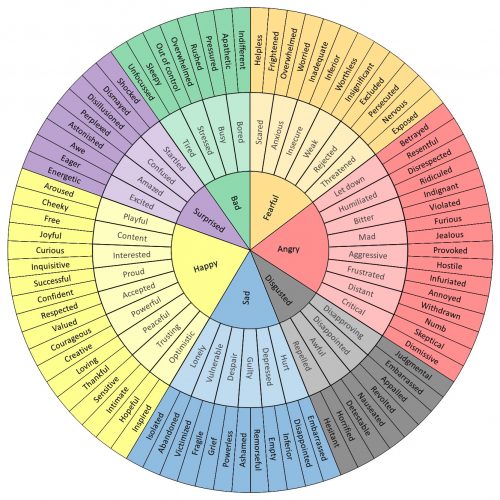Tag: language
Inflected – a port of ActiveSupport’s inflector to Node.js and the browser
For the last few years I have been heavily involved in building web applications with the CakePHP framework. Apart from all the usual MVC, ORM, and so on, and so forth, features, I am a big fan of the CakePHP utilities. And among all of them, my long time favorite is the Inflector class.
The Inflector class makes makes word transformations a breeze – camel-casing, snake-casing, plural, singular, and so on – work like a charm at least for the English language. It’s also possible to use the same functionality for other languages, but that would require quite a bit of the linguistic expertise.
I’ve got so used to the inflections that I miss them every single time I have to step out of the CakePHP framework. This doesn’t happen very often for me in the PHP domain, but JavaScript is a totally different story.
The other day I came across the inflected library, which brings most of the CakePHP’s Inflector to JavaScript, via either a Node.JS NPM package, or a simple inclusion of the JavaScript file to the page source and laying off all the hard work on to the browser.
I’m a lot happier with my universe now.
Feelings Wheel
The Feelings Wheel is awesome for any non-native English speakers, as well as people trying to express themselves better.
Kazakhstan Is Changing Its Alphabet From Cyrillic To Latin-Based Style Favored By the West
If you think you’ve ever been involved in a huge and complex project, think again. Slashdot runs the story: Kazakhstan Is Changing Its Alphabet From Cyrillic To Latin-Based Style Favored By the West.
This is a huge change in many regards – technical, cultural, social, etc. Trying to remember when was the last time I heard about a project of this magnitude, September 3rd of 1967 in Sweden comes to mind. That’s when the country switched from driving on the left-hand side of the road to driving on the right-hand side of the road. An icon photograph depicting the change is this one:
And that’s still easier and simpler than the alphabet change, I think.
Parsing: a timeline
“Parsing: a timeline” is a historical timeline of parsing, as done by computers and computer programming languages. It starts well before computers were actually invented, from the time where people started thinking about what is a language, what it consists of and how it works.
Even though this article is mostly aimed at technical people, I’m sure pretty much anyone will find interesting bits in there, as some of the names and works mentioned are well known outside of technical industries. For techies, you’ll find all your favorite names in there – Markov, Turing, Boehm, Chomsky, Knuth, Dijkstra, Wall, and more.

